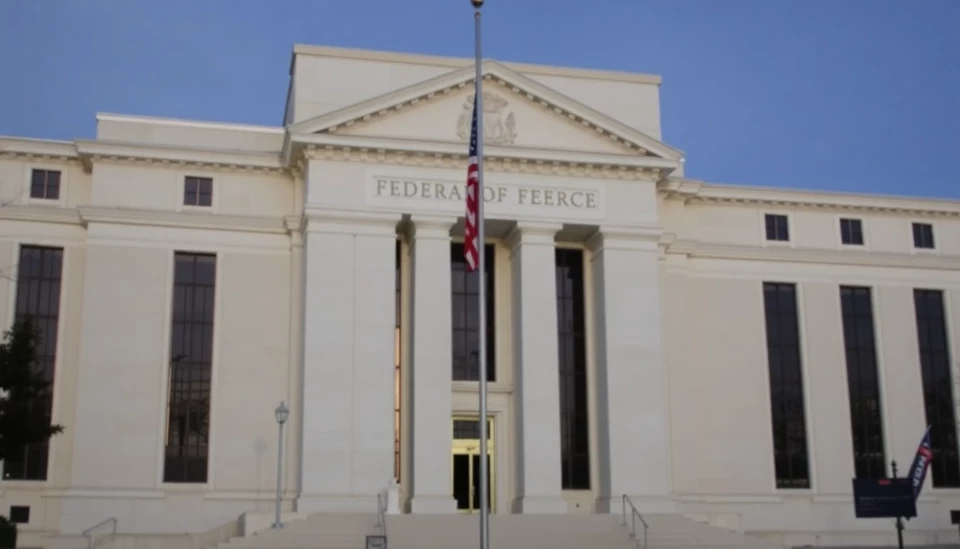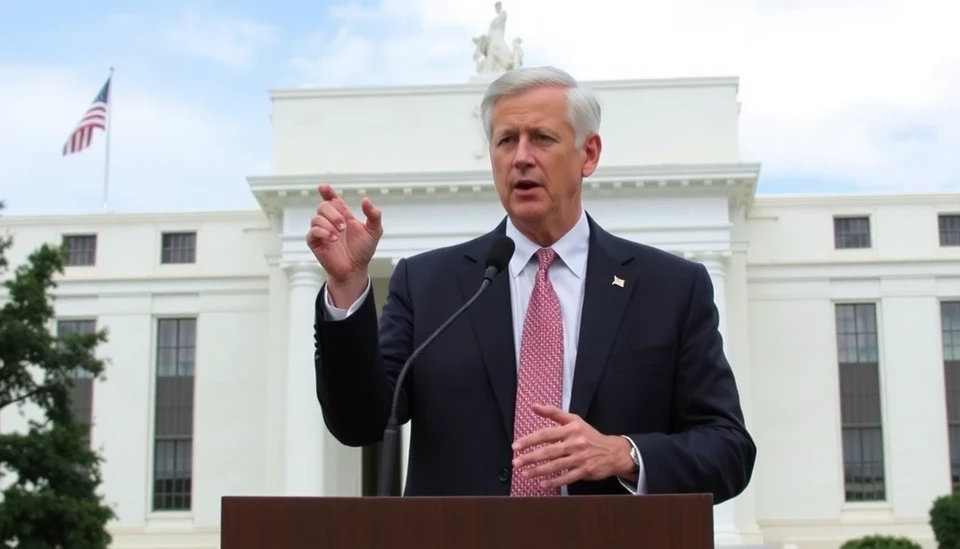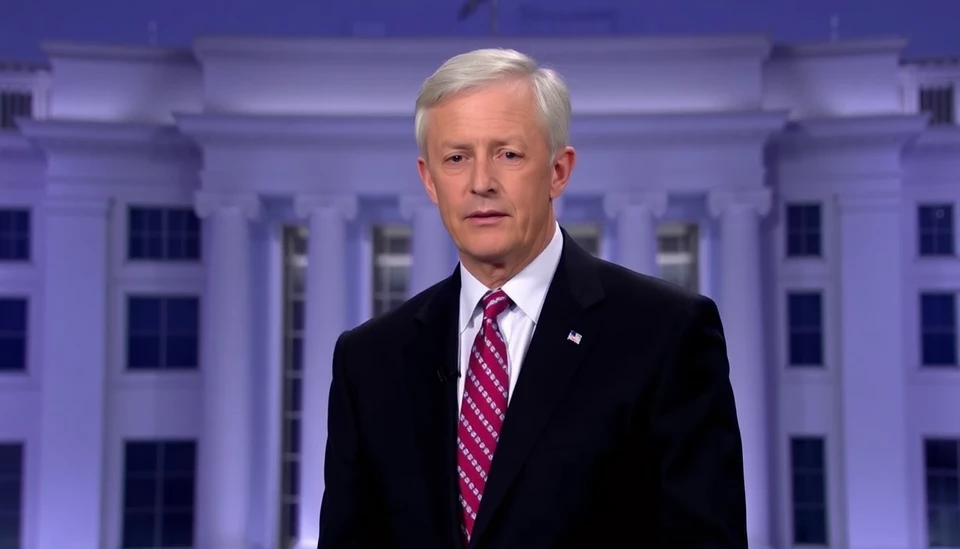
In a significant development for the U.S. economy, Federal Reserve governor Christopher Waller has expressed a favorable stance towards a potential rate cut in December. This announcement comes amidst ongoing discussions about monetary policy adjustments and the Fed's efforts to navigate inflation and economic growth.
Waller emphasized that recent economic indicators suggest a slowing inflation rate, which has led him to reconsider the current interest rates. If circumstances continue to evolve positively, especially with employment figures showing resilience, he indicated that a reduction in the federal funds rate could be on the table.
The governor's comments echo a broader sentiment among economists and market analysts who are evaluating the Fed's next moves. Waller pointed out that consistent data trends leading up to the December Federal Open Market Committee (FOMC) meeting would be crucial in making an informed decision about interest rates. His leaning towards a rate cut signals that the central bank is prepared to act to bolster economic resilience if necessary.
Additionally, the prospect of a rate cut raises questions about its implications for consumers and businesses. A decrease in interest rates could lead to lower borrowing costs, potentially stimulating consumer spending and investment. This is particularly important as the holiday season approaches, with many retailers hoping for increased sales.
However, Waller is cautious, emphasizing that the Fed must continue to monitor economic conditions closely. The balancing act between supporting growth and ensuring inflation remains under control is a delicate one. Any decision made in December will be predicated on the most current economic data, particularly regarding inflation and employment metrics.
Market reactions have already begun to reflect this potential shift in policy. Investors are adjusting their expectations based on Waller's comments, with many now forecasting a higher probability of rate cuts in the near future. This speculative environment illustrates how closely linked monetary policy is to market sentiment and economic indicators.
As the December meeting approaches, all eyes will be on the incoming economic data and the Fed's assessments. Waller’s remarks serve as a reminder of the dynamic nature of the U.S. economy and the central bank's role in steering it through uncertain waters.
In conclusion, the possibility of a rate cut in December, as suggested by Waller, could have far-reaching implications for the economy. Stakeholders across various sectors will be watching closely to see how this unfolds, weighing the potential benefits of stimulating growth against the need for careful inflation management.
To keep up with the latest developments, it's important for consumers, investors, and businesses to stay informed about the Fed's decisions and their potential impact on the economy.
#FederalReserve #InterestRates #Economy #RateCut #MarketTrends #EconomicGrowth #InflationControl
Author: Rachel Greene




